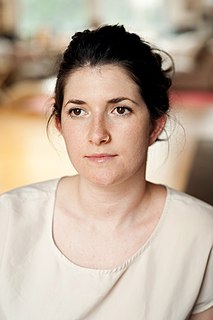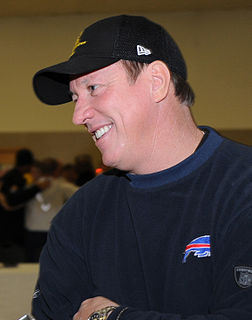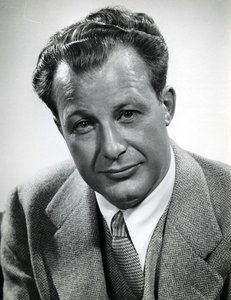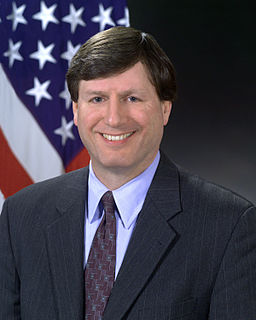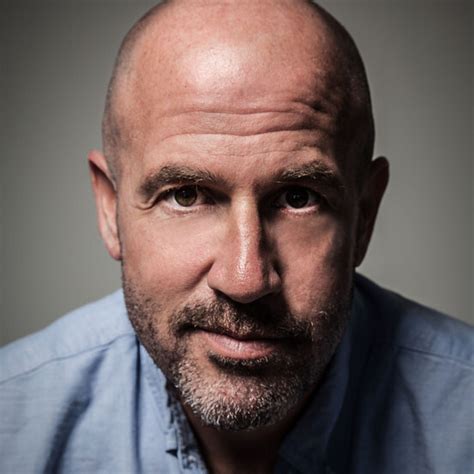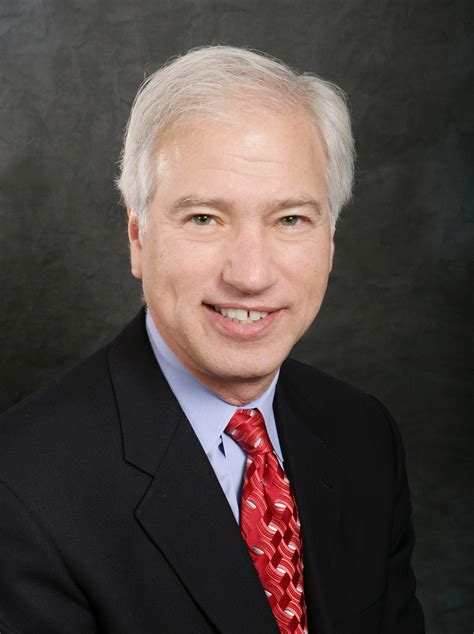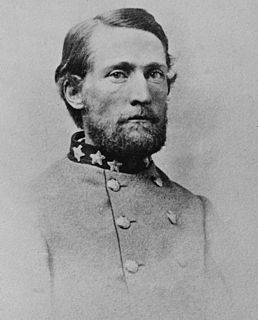A Quote by Philip Pullman
We measure the value of a civilized society by the number of #? libraries it opens, not the number it closes down.
Related Quotes
Since we are assured that the all-wise Creator has observed the most exact proportions of number, weight and measure in the make of all things, the most likely way therefore to get any insight into the nature of those parts of the Creation which come within our observation must in all reason be to number, weigh and measure.
Racism itself is difficult to measure. We can measure hate crimes - which are absolutely an indicator. We can measure reports of discrimination. We can measure the number of times hateful words are being used across the Internet. Those things all help us measure racism, but it can sometimes be nebulous.
In this respect a program is like a poem: you cannot write a poem without writing it. Yet people talk about programming as if it were a production process and measure "programmer productivity" in terms of "number of lines of code produced". In so doing they book that number on the wrong side of the ledger: we should always refer to "the number of lines of code spent".
We do not take into account the value of the stream. We see the number of streams as a measure of consumer demand, not the value. As it is, we think streams are under-monetized, and we are complaining loudly about that. If the value of a stream changes, we won't alter the count because we don't want to alter the history of the program because that would impact these milestone achievements.


